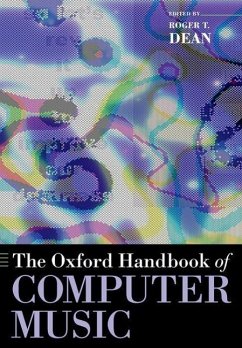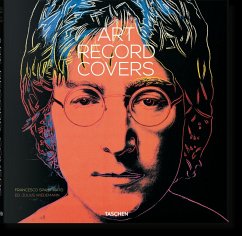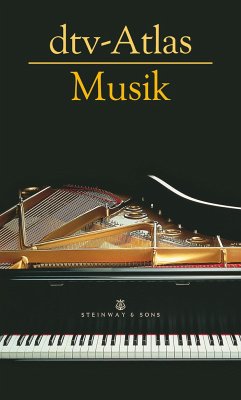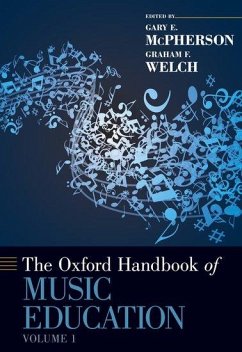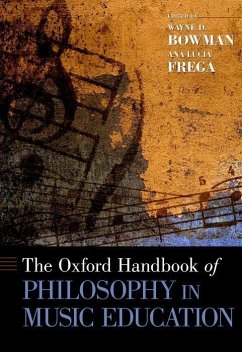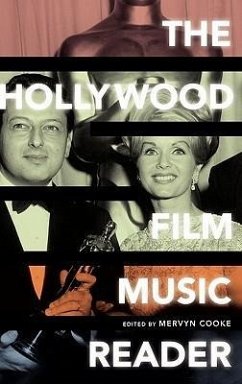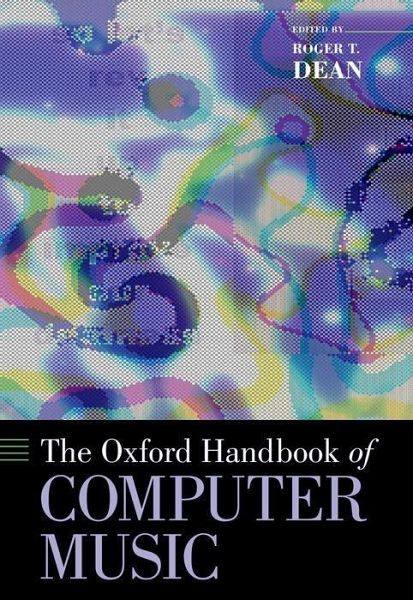
Oxford Handbook of Computer Music
Versandkostenfrei!
Versandfertig in 1-2 Wochen
197,99 €
inkl. MwSt.

PAYBACK Punkte
99 °P sammeln!
The Oxford Handbook of Computer Music provides a state-of-the-art cross-section of the most field-defining topics and debates in the field of computer music today. From music cognition to pedagogy to sociocultural analyses, this Handbook situates computer music in the broad context of its creation and performance across the full range of issues that crop up in contemporary discourse in the field.
Readership: undergraduate and postgraduate students in computer music. Scholars and professionals who work academically and creatively with digital music.
Readership: undergraduate and postgraduate students in computer music. Scholars and professionals who work academically and creatively with digital music.
Since the first musical tones were produced on a computer in 1950, composers of computer music have produced a major body of creative works, and today the field has its own canon and accepted modes of analysis and pedagogy. As technologies improve and become increasingly available, the cost of performances - both live solo and networked - and studio composition have fallen sharply.
The Oxford Handbook of Computer Music fills this gap by providing a state-of-the-art cross-section of the most field-defining topics and debates in the field of computer music today. A unique contribution to the field, it situates computer music in the broad context of its creation and performance across the full range of issues - from music cognition to pedagogy to sociocultural analyses - that crop up in contemporary discourse in the field. It focuses not only on art music, but
also on the important movements of microsonics, the computer DJ, and computer-interactive performance more broadly
The Oxford Handbook of Computer Music fills this gap by providing a state-of-the-art cross-section of the most field-defining topics and debates in the field of computer music today. A unique contribution to the field, it situates computer music in the broad context of its creation and performance across the full range of issues - from music cognition to pedagogy to sociocultural analyses - that crop up in contemporary discourse in the field. It focuses not only on art music, but
also on the important movements of microsonics, the computer DJ, and computer-interactive performance more broadly



